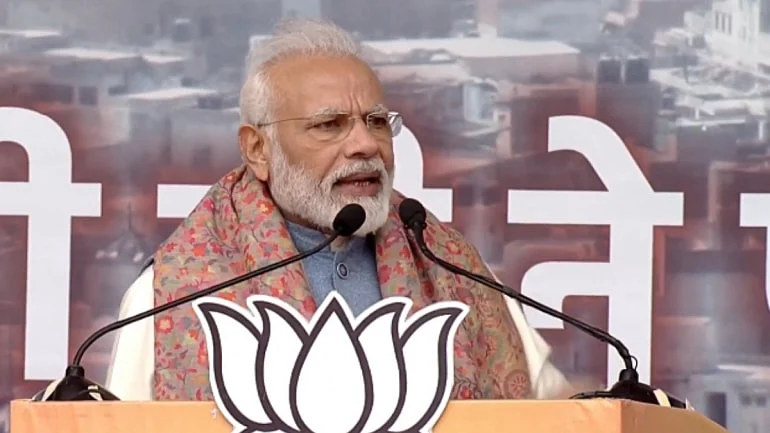No need for CAA-NPR-NRIC, Govt obsessed with illegal migrants: Rtd civil servants
There is no factual basis for Govt’s obsession with illegal migrants, say 106 former civil servants in an open letter to the citizens of India. They also maintain that India does not need CAA-NPR-NRIC

In an open letter addressed to Indian citizens, 106 retired civil servants have said they deem it their duty to inform them why the country does not require CAA-NPR and NRIC. They also said that contrary to the claims made by people in the ‘highest levels of the Government’, all three are linked.
The open letter starts by explaining the three exercises:
• The NPR has nothing to do with the Census of India, which is conducted every ten years and collects information about all residents of India without listing their names
• The NPR is a list of names of all those who have lived in India for over six months, regardless of their nationality. A Population Register will contain the list of persons usually residing within a specified local area (village/town/ward/demarcated area).
• The NRIC will effectively be a subset of the Population Registers for the entire country. The 2003 Rules provide for verification of the details in the Population Register by the Local Registrar (normally a taluka or town functionary) who will separate out cases of doubtful citizenship and conduct further enquiries.
The letter then goes on to say, “ We fail to understand the need for a nationwide identification of “illegal migrants”, which is what the NRIC in effect amounts to, when census statistics over the past seven decades do not show any major demographic shifts, except in certain pockets in some areas of North-Eastern and Eastern India adjoining our neighbouring countries.”
The text of the letter can be read here:
“Our group of former civil servants, with many years of service in the public sphere, is firmly of the view that both the NPR and the NRIC are unnecessary and wasteful exercises, which will cause hardship to the public at large and will also entail public expenditure that is better spent on schemes benefiting the poor and disadvantaged sections of society,” reads the letter before adding…
“…They also constitute an invasion of the citizens’ right to privacy, since a lot of information, including Aadhaar, mobile numbers and voter IDs will be listed in a document, with scope for misuse.”
The retired civil servants, among them former NSA Shiv Shankar Menon, former Foreign Secretary Sujata Singh, former Ambassador Deb Mukherjee, former Lt. Governor of Delhi Najeeb Jung and others, urged citizens to insist that the Government of India take the following steps at the earliest:
• Repeal Sections 14A and 18 (2) (ia) of the Citizenship Act, 1955, pertaining to the issue of national identity cards and its procedures and the Citizenship (Registration of Citizens and Issue of National Identity Cards) Rules, 2003 in its entirety.
• Withdraw the Foreigners (Tribunals) Amendment Order, 2019 and withdraw all instructions for construction of detention camps.
• Repeal the Citizenship Amendment Act, 2019.
The open letter also makes the following observations:
• We have our grave reservations about the constitutional validity of the CAA provisions, which we also consider to be morally indefensible. We would like to emphasise that a statute that consciously excludes the Muslim religion from its purview is bound to give rise to apprehensions in what is a very large segment of India’s population.
• The Foreigners (Tribunals) Amendment Order, 2019 (issued on 30 May 2019) has unnecessarily stoked fears that Foreigners’ Tribunals can now be set up on the orders of any District Magistrate in India and is the precursor to a widespread exercise to identify “illegal migrants”.
• Added to the inconvenience that the NPR would put the common person through is the unnecessary expenditure on the NPR exercise, when data which is now to be gathered is already available through the Aadhaar system: these include name, address, date of birth, father/husband’s name and gender.
• Most Indian citizens are already covered by Aadhaar. The purpose of gathering a lot of the additional data (over and above the Aadhaar details) is unclear.
Follow us on: Facebook, Twitter, Google News, Instagram
Join our official telegram channel (@nationalherald) and stay updated with the latest headlines
Published: 10 Jan 2020, 7:47 AM
